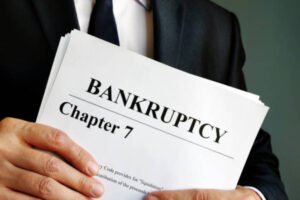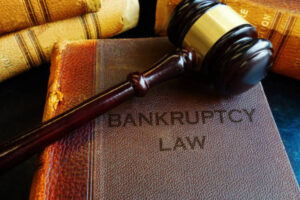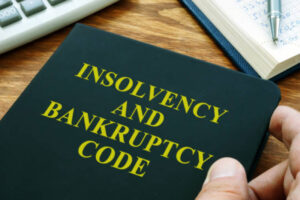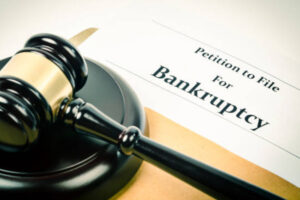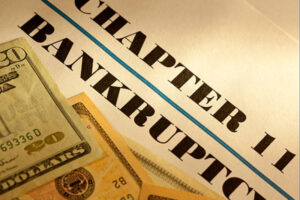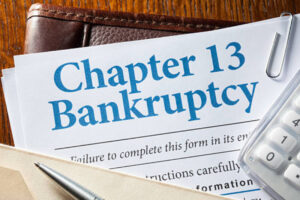If you have a large amount of debt, and are unable to pay it, filing for bankruptcy is an option. However, bankruptcy is a legal process and you should not take it lightly.
Here is something you should remember. Bankruptcy laws are meant to protect both creditors and debtors. It’s not supposed to benefit just one party, so it is vital to use it wisely.
Bankruptcy gives you a new beginning, but it also means that you are no longer in charge of your financial situation. You will be free from all debts, and an Official Assignee will manage your estate.
Creditors can no longer contact you for repayment. They will deal with the assignee directly, and you will be required to forward all correspondence to the assignee.
The bankruptcy process can be complex, so it is best to have a lawyer help you.
You should make sure you have all your financial records organized so you and your lawyer can better understand your financial situation.
A bankruptcy lawyer will be able to provide you with a clear picture of how long it will take you to file for bankruptcy and what to expect.
After you file for bankruptcy, your credit report will show that you filed for bankruptcy.
Although bankruptcy can destroy your credit, you can salvage your home by removing the debts interfering with your mortgage payments.
Statistics show that 1 in 4 people who file for bankruptcy still own their home.
By contacting a bankruptcy attorney, you will learn how to keep or sell your house. In most cases, you’ll be able to keep your home if you file for bankruptcy.
If you’re thinking about declaring bankruptcy, you should first educate yourself on the process. This procedure can be confusing and overwhelming.
Bankruptcy is a personal decision, and your lawyer is there to represent your best interests. Your bankruptcy lawyer will help you with the means test and explain the importance of these documents.
Bankruptcy is a good option for those who need a second chance with their finances. Chapter 7 bankruptcy eliminates debt by selling nonexempt possessions.
Chapter 7 bankruptcy aims to get a court judgment. The debtor can keep most of his or her assets, but non-exempt property will be sold to repay the debt.
Typically, Chapter 7 bankruptcy will wipe out most debts, but it will not eliminate certain debts, such as credit card debt, medical bills, or student loans. However, if you are able to pay your bills, you can avoid the hassles of bankruptcy.
Chapter 13 bankruptcy allows for a repayment plan. Once you have a repayment plan, your bankruptcy is considered discharged.
You will lose your car and house, but you can retain some of your property.
Depending on your state’s law, you may be able to keep your work tools and personal vehicles. Your primary residence, however, will be seized by creditors and sold to pay off the debt. Your bankruptcy attorney can help you decide which assets are exempt.
In addition to your credit score getting negatively affected, your bankruptcy will affect your ability to get new credit.
A bankruptcy will stay on your credit report for seven to ten years. If you filed a Chapter 13 bankruptcy, it will stay on your credit report for seven to ten years.

